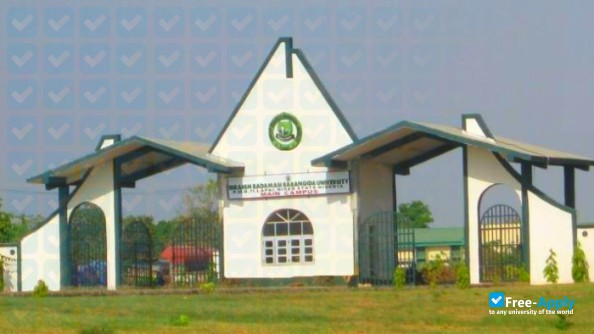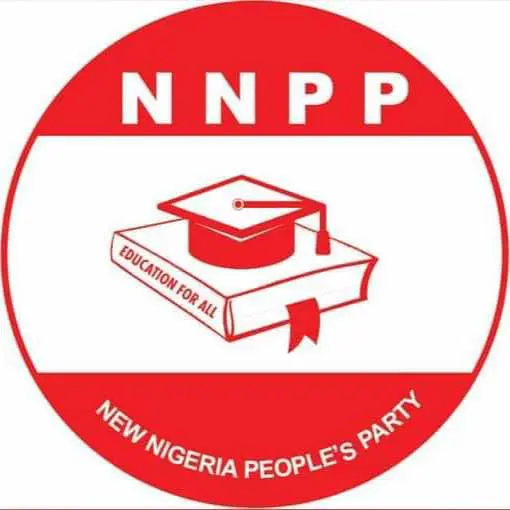A Child Care Worker (CCW) and foster mom in Tsholotsho’s Mvundlana village, Smangele Ndebele (50), narrated a heartbreaking story of a girl born in 2003, who only obtained a birth certificate at the age of 19, after a long battle. She highlighted the difficulties of getting basic needs such as health care, education, or funeral policy without a birth certificate. Ndebele is one of several care workers who were trained by the government in partnership with UNICEF to assist vulnerable, stateless community members to acquire legal identification.
Documenting citizenship became difficult for many children born to Zimbabwean parents, and it has become a challenge that prevents them from having basic rights and services. Many children are born in exile, either in Botswana or South Africa, where their parents are illegally seeking employment. As a result, they lack basic identification and cannot attend school or access healthcare services.
Margaret Marandure (74), another care worker in Tsholotsho, lamented the lack of resources, infrastructure, and logistical difficulties care workers face in mobilizing resources. They often have to rely on well-wishers or use their hard-earned money. She appealed to the government and donors to donate transportation and train more care workers.
In partnership with the Swedish embassy, the Ministry of Labour and Social Welfare, and UNICEF launched an initiative to raise awareness and register rural children who have not had their birth certificates registered. Under the program, they have registered over 3,542 children under the age of 16 and more than 600 persons over 16 years. However, this initiative has a long way to go to address the challenges and increase access to essential services for vulnerable children.



